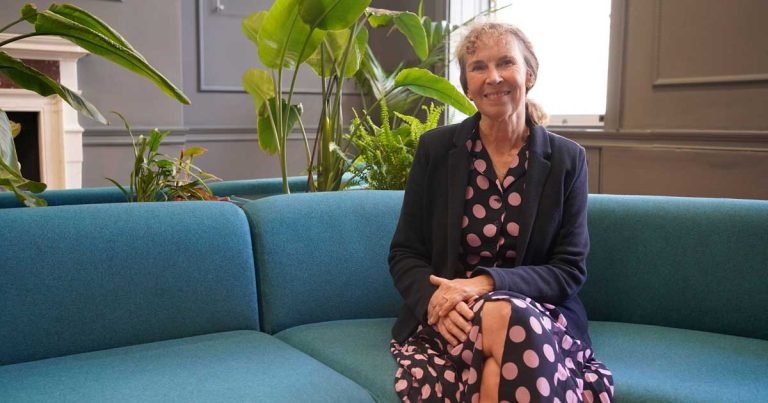2 Oct 2024
New president Elizabeth Mullineaux told members there are opportunities from the current process, even as she slammed how the sector has been portrayed as a result of it.

BVA president Elizabeth Mullineaux.
The new BVA president has vowed to change the “narrative” surrounding the veterinary sector amid the ongoing inquiry into the provision of companion animal services.
Competition and Markets Authority (CMA) officials said they were pleased with the investigation’s progress to date, as they announced the appointment of a new advisory panel of clinicians to support their work.
But Elizabeth Mullineaux told members that a new campaign would challenge portrayals that were “at odds with everything I understand and value” about the professions.
In her first speech after succeeding Anna Judson at the annual BVA Day in London on 26 September, she said: “This autumn we’re changing the narrative. It will remind the public just how much we do care.”
The comments were made after the CMA announced the appointment of a six-strong veterinary panel who it is envisaged will advise the authority’s inquiry group on areas including practice operation, interactions with pet owners, regulation and clinical practice.
Chairperson Martin Coleman said the inquiry group remains on course to reach provisional decisions by mid-2025, and insisted they were aware of how the process “really matters” to veterinary professionals as well as pet owners.
He added: “This is far more than a paper exercise – hands-on site visits, teach-ins and roundtables are helping us build a true picture of how vet services operate day-to-day and where the challenges lie.”
But many veterinary organisations, including the BVA, have recently voiced concerns about the possibility that CMA recommendations could risk causing harm to animals. Although she maintains there are opportunities for positive change from the process, particularly around the possibility of long-sought legislative reform, Dr Mullineaux pledged that welfare concerns linked to the investigation would remain at the top of her agenda while in office.
She said: “In our interactions with the CMA we’re constantly reminding them that the veterinary profession puts the health and welfare of the animals we care for at the centre of everything we do.
“This is regardless of whether the animals are wild or domesticated, owned or unowned, or an owner’s financial position.
“Any recommendations coming out of the investigation must fully consider animal welfare as well as owner choice and ensuring that is understood by the CMA is a key priority for me in the year ahead.”
Dr Mullineaux also paid tribute to Dr Judson and the outgoing senior vice-president, Malcolm Morley, for their work responding to the CMA process as she set out the theme of her year in office – a profession that cares.
She admitted some might think that was “a bit soft” but argued that it “perfectly encapsulates what being a vet is all about”.
She added: “We get up in the middle of the night to calve a cow; support our clients as they say goodbye to their beloved dog; and share the excitement of a family with young children when they bring in their new kitten for the first vaccination.
“We do all this because we do really care. It’s therefore incredibly difficult to see our motivations questioned in the way we have seen as a result of the CMA’s investigation.”
The event, held at the association’s London headquarters, also saw Rob Williams installed as its new junior vice-president.